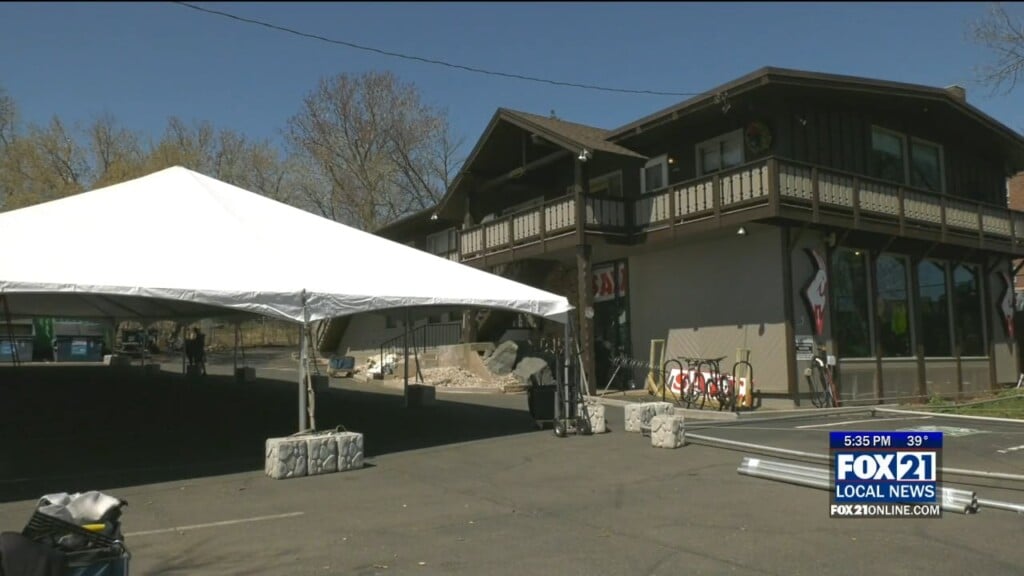Lake Superior Zoo Continues Optimal Care through Sub-Zero Temps
DULUTH, Minn. — On a day like today where it might not even hit zero, we have to take extra precautions to keep ourselves protected, but the Lake Superior zoo also takes extra steps to make sure their animals are taken care of in these frigid temperatures.
“We are in one of the strongest positions that we have ever been in financially, in terms of, our donations were very high, we saw the community come out and support us on a really great level and were so thankful to our donors, members, and just general community,” Haley Cope, CEO Of Lake Superior Zoo said.
Coming off one of their most successful years, seeing the largest number of families and visitors since 2005, the zoo is encouraged with what 2022 will bring.
“We’re glad to see tourism rebounding I think that’s so important for this region, Duluth especially,” Cope added.
The zoo is a year-round attraction here in Duluth, and whether it’s in the 80s or below freezing, the care continues for these animals.
“Also on days that it’s really cold like today, we will give them a little bit of extra food, because we know that they’re probably cold, they using some extra energy, they need some extra calories,” Lizzy Larson, Primary Carnivore Keeper at Lake Superior Zoo said.
Meanwhile, staff are hoping their hard work to improve the zoo and animal care will get them renewed later this year for being the gold standard of American zoo’s.
“We’re looking at our AZA accreditation, so the association of zoo’s aquariums, we are one of three facilities in the state of Minnesota, that holds that accreditation and that means we uphold the absolute highest standards of animal care, welfare, veterinary, medicine and so much more,” Cope said.
The zoo has invested many things for the animals in the winter from in-floor heating coils, to indoor sleeping places, but for some carnivores who would normally hibernate, they have been acclimatized to these conditions like the brown bears, Tundra and Banks.
“They go into what’s called a torpor, so that’s where, when it’s cold, they’re still going to slow down all their body systems and everything, but they’re still going to get up about once a day just to kind of forage around, go to the bathroom, look for some things, see some visitors, then they’re probably going to go back to sleep,” Larson said.
Aside from the challenges in the winter, covid has also proven to impact wildlife potentially taking the lives of lions within days and zookeepers are keeping that in mind as well.
“The ones that are the most susceptible are the primates, and then also some of the big cats, especially with our carnivore keepers and our primate keepers, we are keeping on all that personal protective equipment, and making sure that we are keeping them as safe as possible to make sure that they make it through this pandemic just like we are.” Larson said.
The zoo is looking forward to what this year brings, but especially for their 100th anniversary in 2023, but they are open daily to the public from 10-4.








